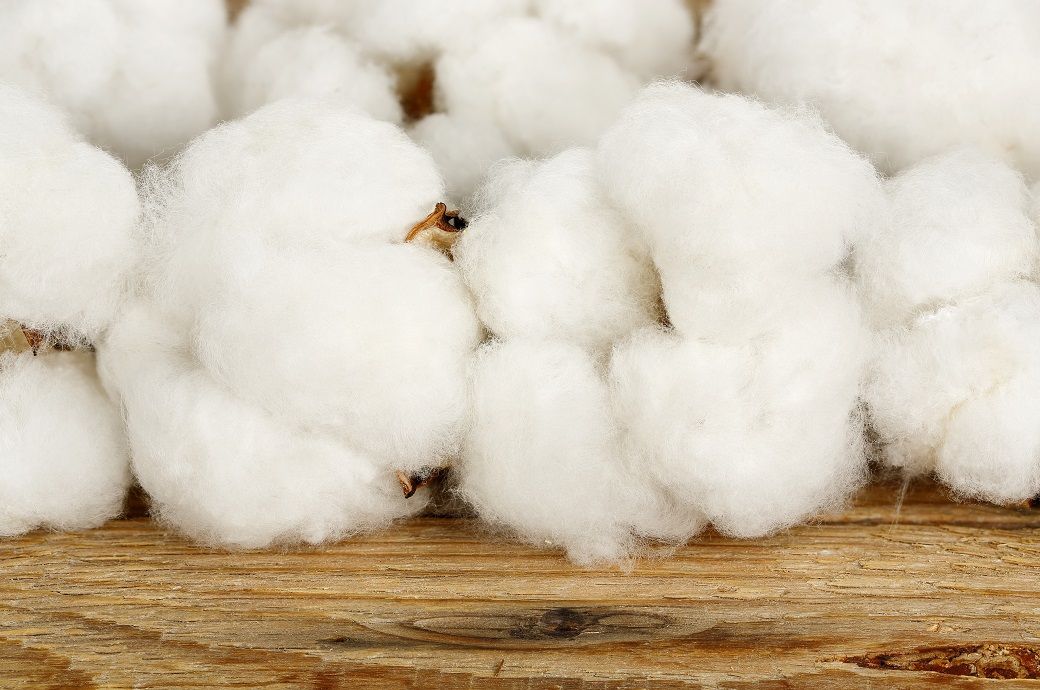
While some see it as a significant milestone and a leap towards global competitiveness, others express concerns over the lack of infrastructure and potential bureaucratic issues, especially for small manufacturers. The regulations aim to enhance quality, but fears over price increases and the need for additional support and time for adaptation are apparent.
Sanjay Jain, MD of TT Ltd, is of the opinion that the Indian textile chain industry lacks the necessary infrastructure to implement the QCO. He told Fibre2Fashion, “Honestly, this is a non-starter. There's no possibility of Indian textile chain industry being able to implement this QCO as they have neither the infrastructure nor the systems or processes. The government has already postponed it for three months. I think they should postpone till the next season and re-examine.”
Fearing bureaucratic issues and impractical measures for small manufacturers, Manoj Kedia of Maa Textiles, Kolkata, told Fibre2Fashion, “I am not sure how useful this will be for the manufacturers. It will definitely create ‘bureaucratic’ issues for small companies. In my opinion, the government should not force us to comply with it. The government should consider small manufacturers and avoid imposing such impractical measures.”
Nalliah Kannan, AGM of Loyal Textiles, expects improvement in Indian cotton quality but warns that prices may go higher. "The decision responds to concerns from ginning mills and industry organisations like the CAI over the stringent standards required, preparation, and the potential disruption to cotton arrival. It will benefit the textile value chain. Like US and Australian cotton, Indian cotton quality will get better. However, Indian cotton prices may rise. Overall, it is long overdue."
Welcoming the move, Ahill S Rathnasamy from Ahill Knitting Mills, likened it to gold standards in maintaining quality. “This practice dates back three decades. I personally loaded many products at that time. Earlier, it was referred to as the 'Running Number'. Using that mark, anyone could locate the place of manufacturing. I am not sure what new name the government is planning to come up with. In my opinion, this is a welcome move. I see this as similar to the gold standards. Every gold retailer is forced to maintain certain standards when selling gold. I foresee this extending across all industries. Even today, there are many ginning factories that sell third-grade quality material as first quality. If my opinion is right, the government is planning to bring different quality order for each and every grade.”
Nishant Kumar, CEO of Earthy Tweens, sees the QCO as a leap towards a globally competitive textile market, enforcing standards that will lead to higher quality end-products. He told Fibre2Fashion, “The introduction of the QCO on cotton, effective from November 27, 2023, aims to reshape the Indian textile industry. It enforces standards like 8 per cent moisture content, mandatory testing of 5 per cent bales in ginning mills, and capping trash content at 3 per cent. These standards increase the longevity of cotton fibres, leading to higher quality end-products. The QCO is a leap towards a globally competitive textile market.”
Anant Tanted, founder and CEO of The Indian Garage Company, sees the QCO as a milestone, underscoring India's commitment to quality. He stated, “I feel that the upcoming QCO on cotton, set to be implemented from November 27, 2023, is a significant milestone for both our brand TIGC and the entire Indian textile industry. This regulation underscores our nation's commitment to enhance the quality and global competitiveness of our products.”
Tanted told F2F, “While challenges may arise during the transition, we embrace this opportunity to raise the bar of excellence in our offerings. By adhering to stringent quality standards, we not only ensure that our customers receive the finest products but also foster trust in the 'Made in India' label worldwide. The QCO on cotton heralds an era where Indian textiles are synonymous with unmatched quality, sustainable practices, and innovative designs. It reinforces our resolve to continuously innovate and adapt, setting new benchmarks that will undoubtedly propel our industry to new heights.”
Acknowledging both opportunities and challenges, Pratik Gadia, founder and CEO of The Yarn Bazaar, said: “This move holds significance as it directly impacts our export capabilities, especially given the benchmark set by international buyers. To stay competitive in the international market and raise our quality standards becomes essential. However, hurdles exist for the farming community, and the ginning industry, responsible for processing cotton, will require time and support to adapt to the new order, especially for small unit owners. Solutions involve extending deadlines and offering financial support. Simplifying and streamlining the procedures and minimising costs may ease the process.
“On the positive side, the QCO has the potential to enhance the Indian textile industry's global standing. Importing better raw materials can lead to improved textile exports. Collaboration among stakeholders is crucial to tackle challenges and seize a bouquet of opportunities. The QCO for cotton holds promise for India's textile sector.”
Fibre2Fashion News Desk (KD)